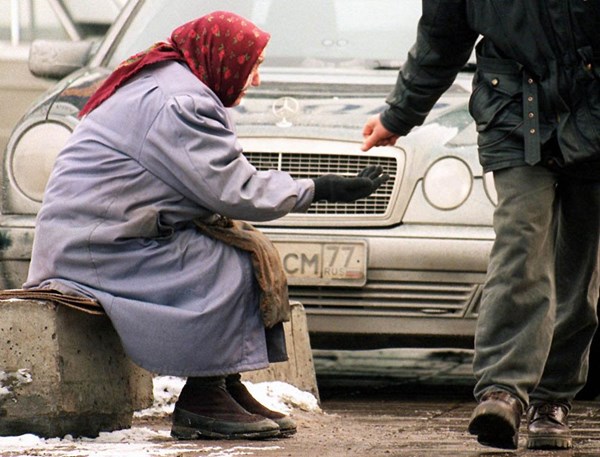Russia implements 'severe austerity' amid financial crisis: military spending prioritized over national projects
As Russia braces for next year's budget, new calls for of austerity is sweeping through the Kremlin. In the face of deteriorating financial conditions, officials are openly admitting the severity of the economic crisis.
Valentina Matviyenko, Speaker of the Federation Council, in a statement relayed by Russia's Interfax, urged the nation to prepare for stringent austerity in its budgeting. Matviyenko emphasized that "severe austerity" should be the guiding principle of the upcoming budgets, highlighting plans to scrutinize regional budgets and all government spending down to "every ruble."
Anatoly Artamonov, head of the upper house's committee on budget and financial markets, has suggested cutting back on certain national projects. Amid worsening macroeconomic forecasts and declining oil and gas revenues, Artamonov calls for urgent fiscal consolidation, proposing the postponement of some national project expenditures for a couple of years.
Even as the economic crisis looms, the Russian regime appears determined to continue funding its wartime expenses. Finance Minister Anton Siluanov assured Artamonov that military needs would remain the budget's top priority, whereas infrastructure projects may indeed be sidelined.
This year's Russian budget earmarked a staggering 13.2 trillion rubles for defense spending and weapons procurement, with an additional 3.45 trillion rubles allocated for "national security," a category that includes funding for the secret services and other security agencies.
A Bloomberg report earlier hinted at discussions among Russian authorities about possibly slashing expenditures due to plunging oil prices and dwindling funds from the National Welfare Fund (NWF). Adjustments to the budget rule parameters are under consideration, with discussions about lowering the Urals oil price threshold—from $60 to $50 per barrel—for NWF utilization starting in 2026.
A sharp 17% drop in oil and gas revenues was noted in the government’s reports for the first half of 2025, with total budget revenue up by only 3%. Expenditures increased by 20%, culminating in a budget deficit of 3.7 trillion rubles, six times more than the same period last year.
